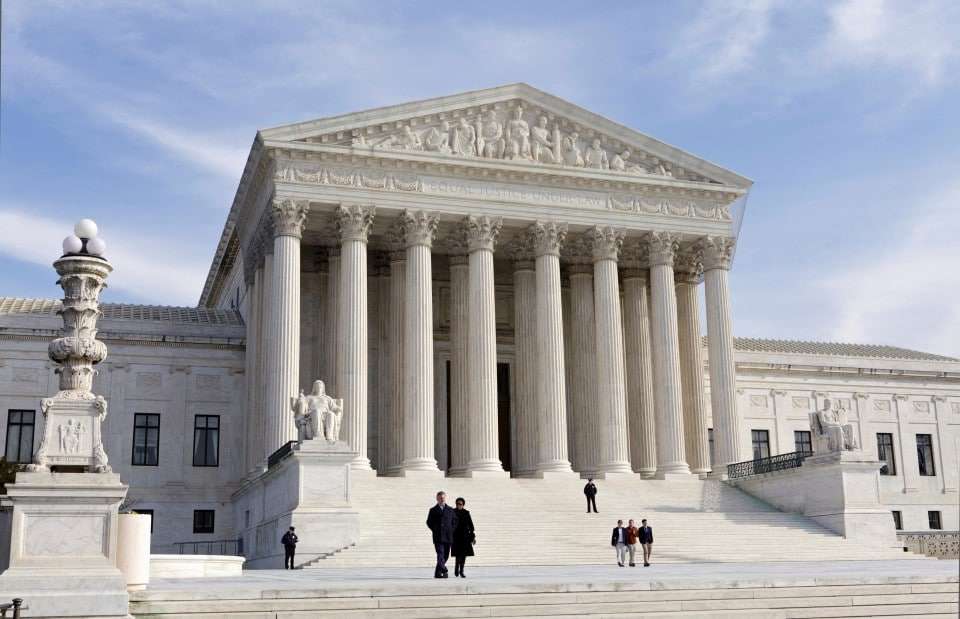The Volokh Conspiracy
Mostly law professors | Sometimes contrarian | Often libertarian | Always independent
Supreme Court dismisses travel ban case as moot - but the legal fight over the issue will continue

Earlier today, the Supreme Court issued an order dismissing as moot Trump v. International Refugee Assistance Project, one of the two cases before it challenging President Donald Trump's travel ban executive order, which forbade entry into the United States by citizens of six Muslim-majority nations. The Court emphasized that they are not ruling on the merits of the legal challenges to the order, but merely choosing not to hear the case, because the order, which was intended to last for 90 days, has now expired, and the controversy over it is now "moot."
Justice Sonia Sotomayor dissented from the Court's ruling, in so far as she would have preferred to remove the case from the Supreme Court without vacating the lower court rulings against the administration (as is generally, but not always, standard practice when a case is dismissed on mootness grounds).
The Supreme Court has not, so far, dismissed Trump v. Hawaii, the other travel ban case currently before it. But most experts expect that it will ultimately be dismissed as well.
Nonetheless, the legal battle over Trump's travel ban is far from over. On September 24, the president issued a new version of the travel ban order, one that makes it permanent, and adds citizens of three additional countries, while dropping the nation of Sudan. Travel Ban 3.0 is vulnerable to most of the same legal challenges as the previous version. In particular, it is still motivated by an unconstitutional desire to target Muslims, and still exceeds the authority granted to the president by Congress. And the president's case continues to be undermined by the extreme weakness of the supposed "security" rationale for the travel ban. The information-sharing and vetting justification for the order also makes no sense, for reasons well explained by David Bier of the Cato Institute.
At least one lawsuit has already been filed against the latest travel ban, and more will surely follow, including some by the various state governments, civil rights groups, and others who were plaintiffs in the earlier travel ban litigation.
While the Fourth Circuit appellate court ruling against the original travel ban is now vacated and the Ninth Circuit ruling in Trump v. Hawaii may soon be, as well, everyone knows the bases for those decisions. The same rationales can be used against the new travel ban, likely in cases filed in the same courts.
There is, therefore, a substantial likelihood that this issue will return to the Supreme Court. It might even come back within the next few months, if litigation over Travel Ban 3.0 proceeds at the same rapid pace as that over its predecessors. We have not yet seen the last of this litigation. Not even close.
NOTE: I coauthored an amicus brief in the current Supreme Court travel ban case, on behalf of myself and several other legal scholars, supporting the plaintiffs.


Show Comments (0)